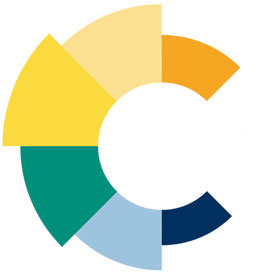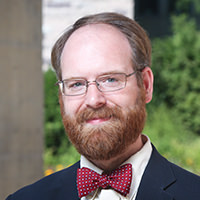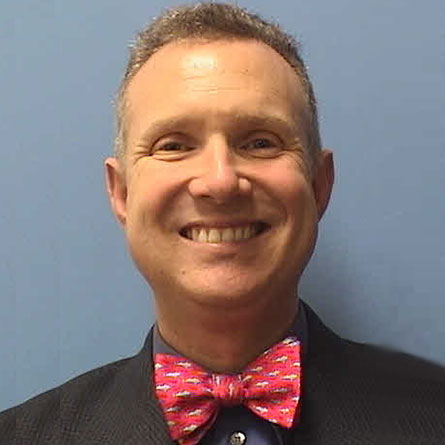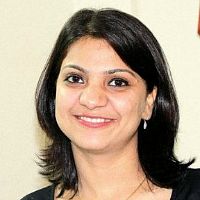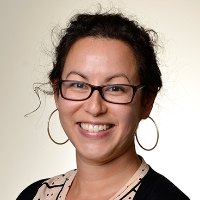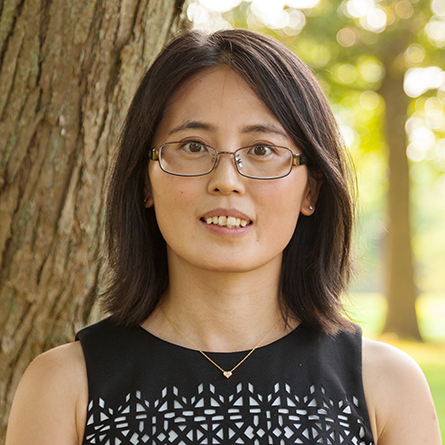Majoring in Statistics and Data Science
Statistics is the science of learning from data. The theoretical foundation of statistics lies in probability theory, which is applied to decision-making under uncertainty. Data science consists of exploration, organization, representation, visualization, and modeling data. Statistics and data science together encompass a mode of questioning and reasoning that allows us to quantify uncertainty to make informed decisions. The Statistics and Data Science major provides a solid foundation in statistics through rigorous theoretical courses. Students also develop practical skills through applied courses and one year of interdisciplinary research. Most courses employ student-driven data projects that allow students to pursue their interests in various fields.
The Statistics and Data Science curriculum links faculty and students from across the college interested in learning things from data. One important goal is to prepare students for careers in data analytics, actuarial science, business, medicine, technology, law, finance, and related fields. Another crucial goal is to provide the background that is necessary for graduate study in statistics, biostatistics, data science, and other related fields. Our students will be well prepared for internships, Research Experiences for Undergraduates, or other research projects, in statistics, data science, and other related fields. The major concludes with an application and communication component which requires two semesters of research, preparing students for further data-centric investigations in the natural and social sciences. A degree in statistics and data science will enable students to enter the booming field of data science with the hands-on experience and training needed by today’s most innovative companies.

